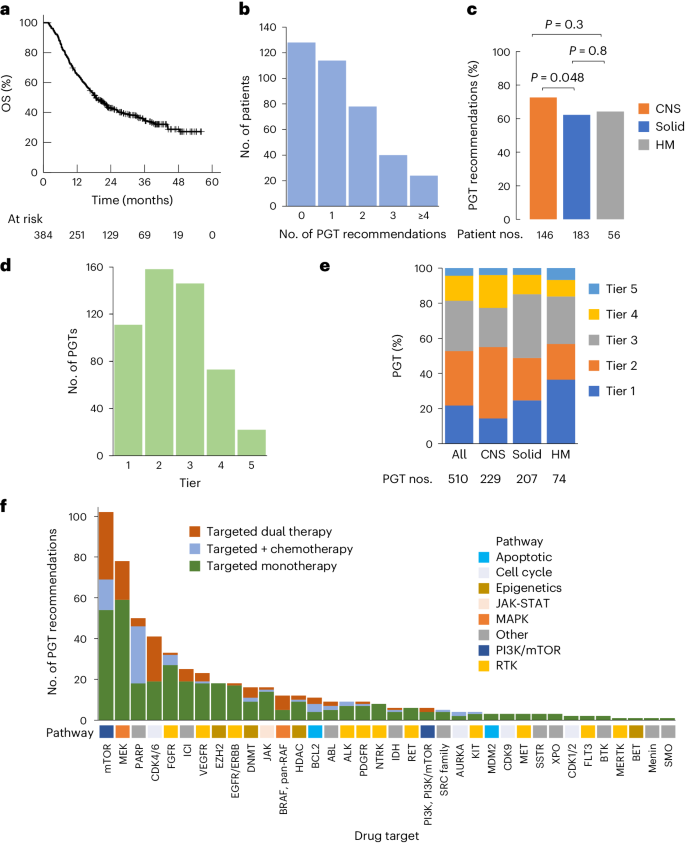2024-05-14 ニューサウスウェールズ大学(UNSW)
<関連情報>
- https://www.unsw.edu.au/newsroom/news/2024/05/154-million-lives-saved-in-50-years-5-charts-on-the-global-success-of-vaccines
- https://www.thelancet.com/journals/lancet/article/PIIS0140-6736(24)00850-X/fulltext
生存と健康の改善に対するワクチン接種の貢献:拡大予防接種プログラム50年のモデル化 Contribution of vaccination to improved survival and health: modelling 50 years of the Expanded Programme on Immunization
Andrew J Shattock, PhD;Helen C Johnson, MSc;So Yoon Sim, MSPH;Austin Carter, MPH;Philipp Lambach, PhD;Raymond C W Hutubessy, PhD;et al.
The Lancet Published:May 02, 2024
DOI:https://doi.org/10.1016/S0140-6736(24)00850-X

Summary
Background
WHO, as requested by its member states, launched the Expanded Programme on Immunization (EPI) in 1974 to make life-saving vaccines available to all globally. To mark the 50-year anniversary of EPI, we sought to quantify the public health impact of vaccination globally since the programme’s inception.
Methods
In this modelling study, we used a suite of mathematical and statistical models to estimate the global and regional public health impact of 50 years of vaccination against 14 pathogens in EPI. For the modelled pathogens, we considered coverage of all routine and supplementary vaccines delivered since 1974 and estimated the mortality and morbidity averted for each age cohort relative to a hypothetical scenario of no historical vaccination. We then used these modelled outcomes to estimate the contribution of vaccination to globally declining infant and child mortality rates over this period.
Findings
Since 1974, vaccination has averted 154 million deaths, including 146 million among children younger than 5 years of whom 101 million were infants younger than 1 year. For every death averted, 66 years of full health were gained on average, translating to 10·2 billion years of full health gained. We estimate that vaccination has accounted for 40% of the observed decline in global infant mortality, 52% in the African region. In 2024, a child younger than 10 years is 40% more likely to survive to their next birthday relative to a hypothetical scenario of no historical vaccination. Increased survival probability is observed even well into late adulthood.
Interpretation
Since 1974 substantial gains in childhood survival have occurred in every global region. We estimate that EPI has provided the single greatest contribution to improved infant survival over the past 50 years. In the context of strengthening primary health care, our results show that equitable universal access to immunisation remains crucial to sustain health gains and continue to save future lives from preventable infectious mortality.
Funding
WHO.


